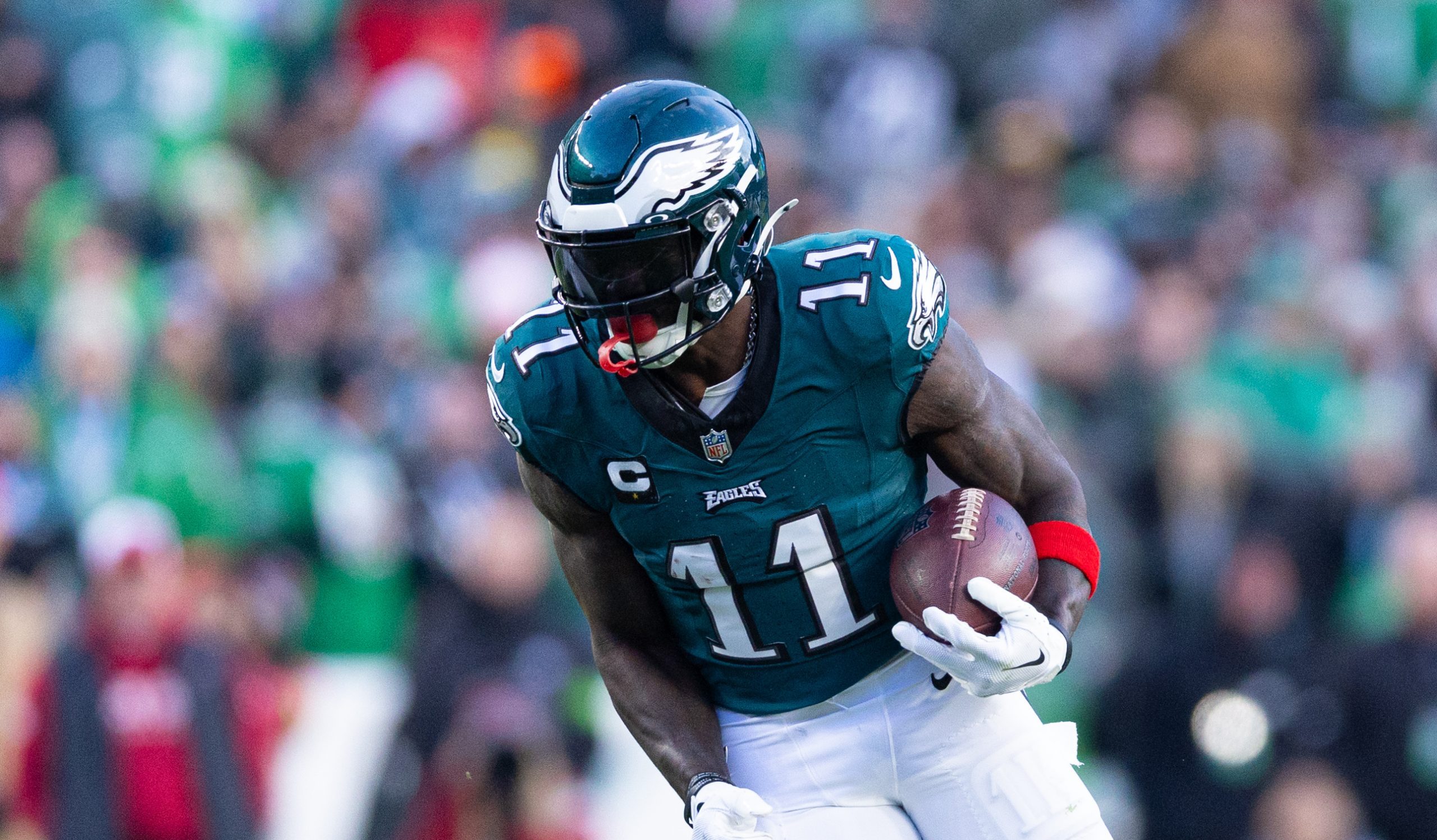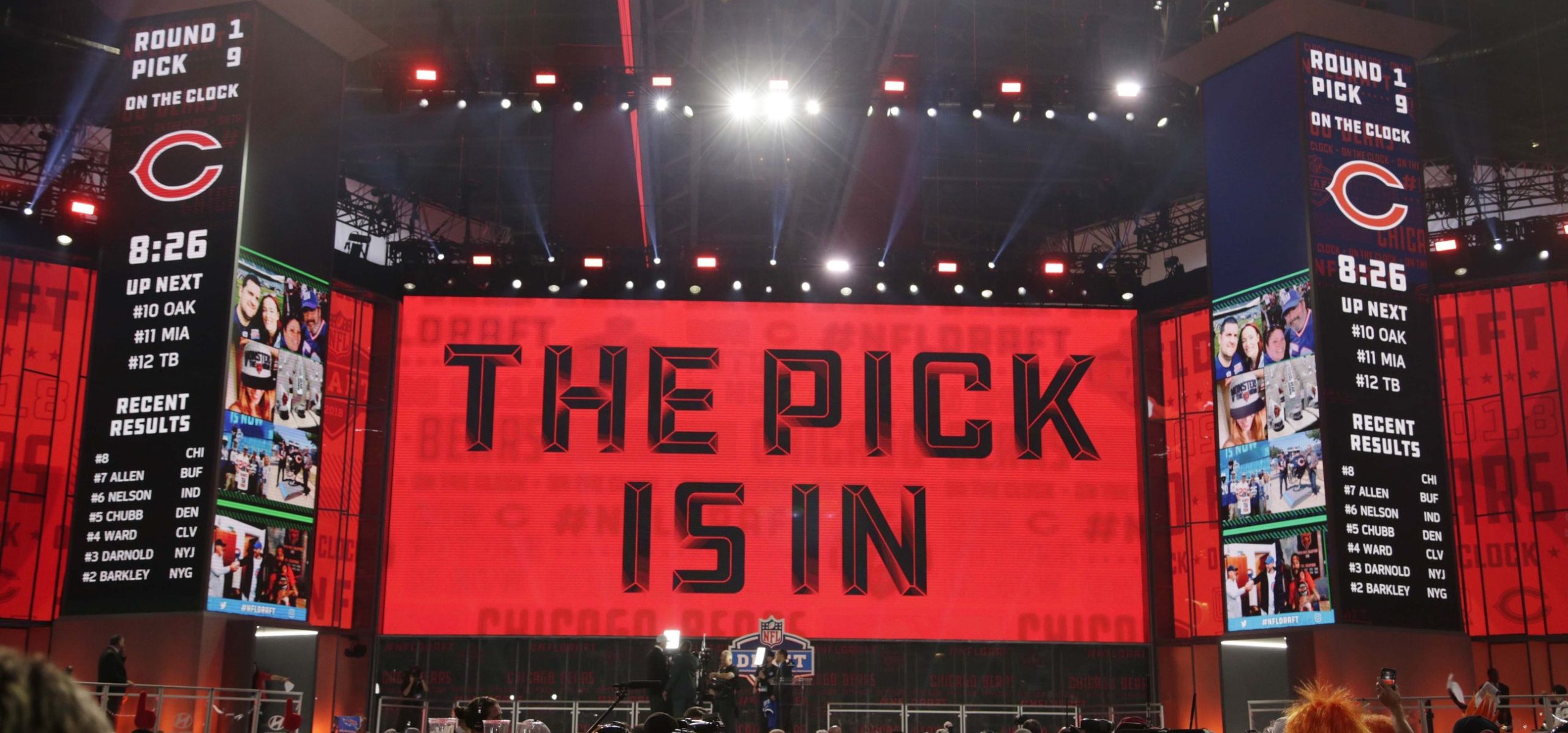On Friday morning, a bombshell report from Yahoo Sports revealed a stunning and unanticipated truth: Agents often illicitly pay college basketball players, as part of an underground economy that defies NCAA rules.
Oh, did we say stunning and unanticipated? We meant entirely expected and predictable.
The so-called offenses revealed in Yahoo’s report will receive a lot of attention and likely have substantial fallout. Per Yahoo’s Pat Forde and Pete Thamel, a years-long FBI probe could “create NCAA rules issues” for at least 20 Division I programs, including Duke, North Carolina, Texas, Kentucky, Michigan State, and more. The whole thing sounds bad. But when you actually look at what’s being alleged, it’s tough to summon much outrage.
Essentially, an agency called ASM frequently drops five-figure loans and four-figure payouts to top prospects while they’re still in college. Months before signing contracts for millions of dollars, players get thousands of dollars from agents. This, of course, violates the NCAA’s sacred amateurism rules, without actually harming anyone.
Here are the largest listed loans, per Yahoo:
- Dennis Smith, who would go on to play at North Carolina State in 2016-17, received $43,500 according to the documents. Another document headed “Pina,” for ASM agent Stephen Pina, says Smith received a total of $73,500 in loans, and includes notes about “options to recoup the money” when Smith did not sign with ASM.
- Isaiah Whitehead, at the time a freshman at Seton Hall, received $26,136 according to the documents. The “Pina” document says Whitehead received $37,657 and was “setting up payment plan.” Whitehead signed with ASM but later left the agency for Roc Nation.
- Tim Quarterman, at the time a junior at LSU, received at least $16,000 according to the balance sheet.
- Diamond Stone, at the time a freshman at Maryland, received $14,303 according to the documents.
- A listing that refers to “BAM” for $12,000 is later identified in the documents as Edrice “Bam” Adebayo, who would go on to play at Kentucky in 2016-17. He did not sign with ASM. There’s a later reference to Adebayo that says he received $36,500. “Bad loan,” reads the document.
- Markelle Fultz, who would go on to play at Washington and become the No. 1 pick in the 2017 draft, received $10,000 according to the documents. He did not sign with ASM.
https://youtu.be/VZQoh2tF6Qc
We’ve got to ask, is the world worse off because Tim Quarterman got $16,000 from an agent? Is college basketball damaged by the fact Isaiah Whitehead wasn’t playing for free or that Diamond Stone could buy himself something nice? If so, it’s hard to see how.
There’s a basic supply and demand dynamic going on here: Agents want talent and have money, while players have talent and want money. Given that immutable reality, cash is going to change hands one way or another. As long as the NCAA restricts players from earning money off their talents, a black market is inevitable. If the sport wants to stomp out under-the-table payments from agents, the solution is simply to legalize them.
So what comes next? Teams might hold players out of the NCAA Tournament to avoid vacating wins later. The NCAA will plot sanctions. Great coaches might lose their jobs. The sport will endure a fierce amount of bad publicity. And all because the NCAA cannot stomach the idea of its players making money.






